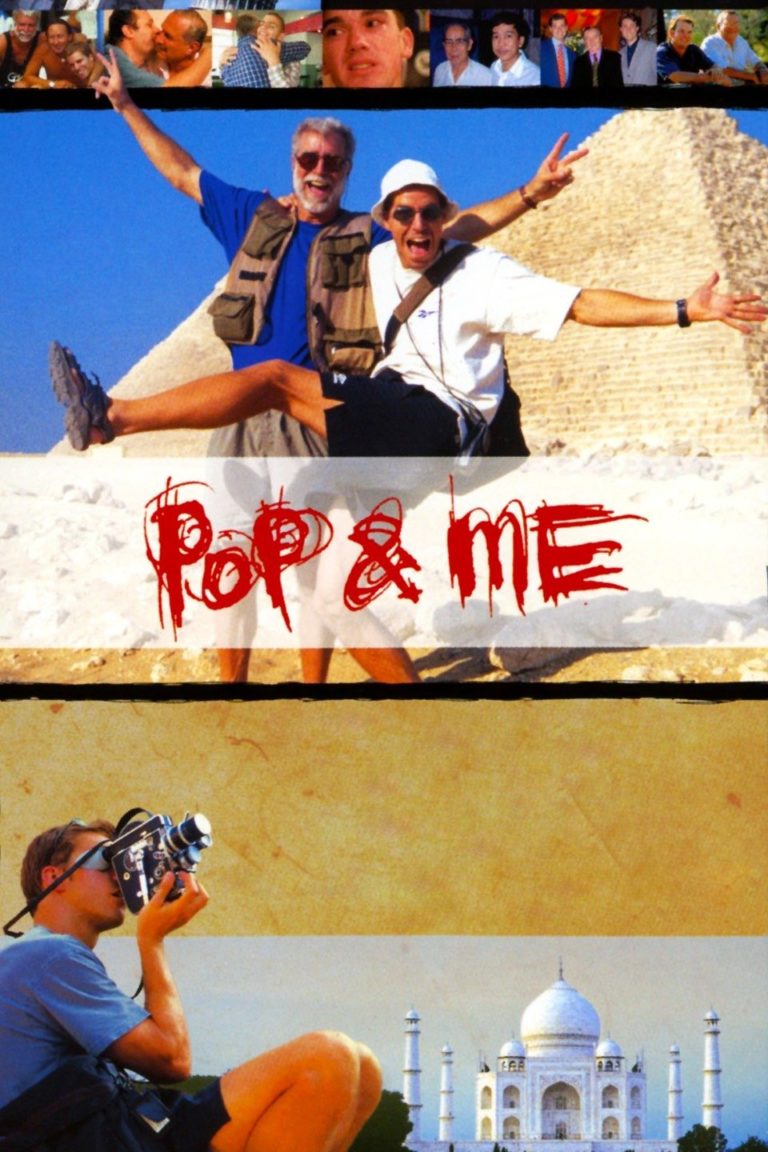“Getting to Know You”

| None | Light | Moderate | Heavy | |
|---|---|---|---|---|
| Language | ||||
| Violence | ||||
| Sex | ||||
| Nudity |
What You Need To Know:
One of the best things about POP & ME was hearing the transcendent, universal themes of parenthood and familial love that permeate the interviews with fathers and sons from a wide variety of cultures, including Jewish, African-American, Egyptian, South African, Australian, and Vietnamese. Themes of forgiveness and reconciliation sometimes crop up in the conversations. Regrettably, however, there is no spiritual context in the movie, which leaves the film with a somewhat romantic worldview. There is also some foul language, including three strong profanities and some strong obscenities, mostly from Richard the father
Content:
(Ro, B, C, LL, V, AA, D, M) Romantic worldview about fathers & sons, with some moral & redemptive elements; 10 obscenities, 4 mild profanities & 3 strong profanities; images of martial arts movie on Chinese TV as two Americans jump on beds & ape the movie; no sex; upper male nudity in natural contexts; alcohol use, one scene of drunkenness & two discussions of alcoholism; smoking; and, bickering & confrontations.
More Detail:
The interviews go extremely well, but Chris becomes increasingly upset that his father never lets him make any of the decisions while they travel. The father even picks all the restaurants and cafes where they eat together. Eventually, however, Chris realizes that all his father really wanted was to be the Dad once more. Meanwhile, Richard tells the camera about his fears of growing older and his realization that he will never be able to be the sole decision-maker in the lives of his sons any more.
One of the best things about POP & ME was hearing the transcendent, universal themes of parenthood and familial love that permeate the interviews with fathers and sons from a wide variety of cultures, including Jewish, African-American, Egyptian, South African, Czechoslovakian, Australian, and Vietnamese. Themes of forgiveness and reconciliation sometimes crop up in the conversations. For example, one father in South Africa explains how his alcoholism hurt his family before he got sober and how proud he is now of his son. One of the most moving parts of the film comes early when Richard and Chris interview a young man and his adoptive father. The two men are clearly devoted to one another and set the stage for the rest of the movie.
Regrettably, however, there is no spiritual context in the movie, which leaves the film with a mild romantic worldview. There is also some foul language, including three strong profanities and some strong obscenities, mostly from Richard the father.
In addition, the movie fails to give viewers more insight into the cultures in which these fathers and sons work and live. This flaw is especially glaring when the filmmakers try to penetrate the stoic countenance of an elderly father in India. Instead of interviews all the time, it may have been better if viewers could see some of the fathers and sons interact in real-life situations, in their native cultures.


 - Content:
- Content: 

